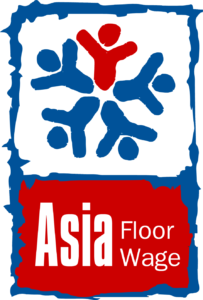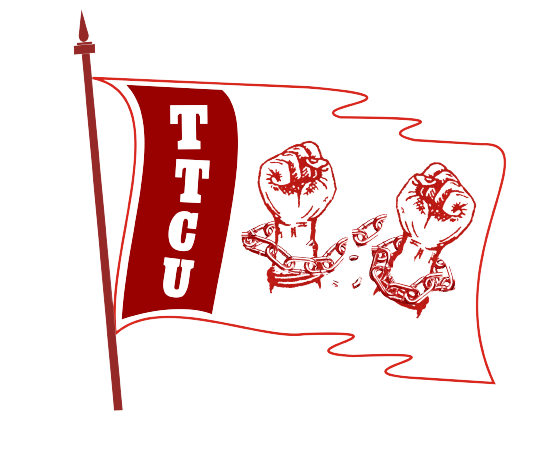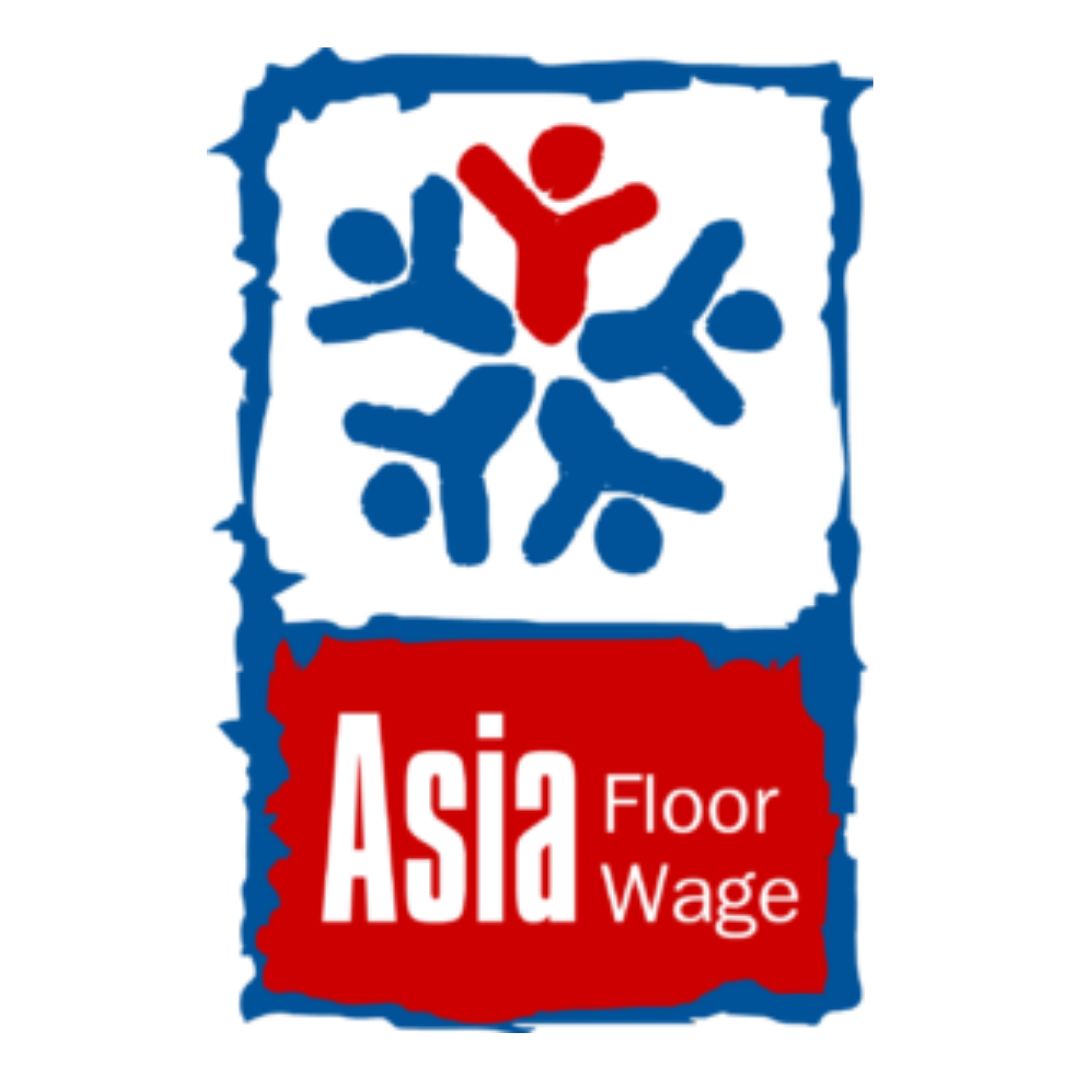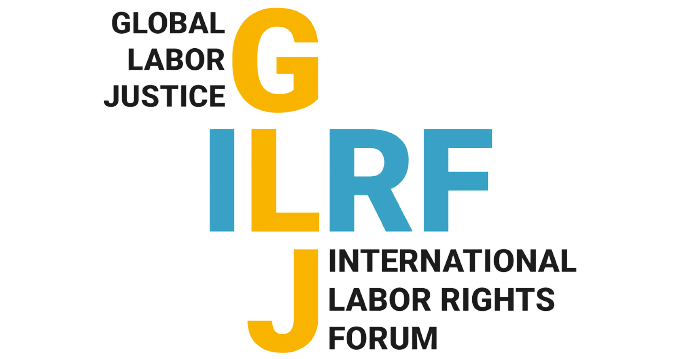October 2022
Joint Statement: TTCU, AFWA, GLJ - ILRF and Eastman Exports
An unprecedented collaboration between apparel manufacturer Eastman Exports and labour stakeholders TTCU, AFWA and GLJ-ILRF led to the historic reversal of a decision by the US government, thereby protecting both businesses and thousands of jobs for women workers. This framework of cooperation and goodwill between industry and labour organisations is a harbinger of what is possible when the two parties come together constructively.
On July 29, 2022, U.S. Customs and Border Protection (CBP) issued a Withhold Release Order (WRO) against Natchi Apparels (P) Ltd, over concerns of forced labor in its facilities. The WRO prevented merchandise produced in Natchi Apparels and other units of its parent company Eastman Exports, from being imported into the United States; this would have had disastrous consequences for the industry, as well as for thousands of workers employed in the facilities. This decision of the US government was swiftly and successfully withdrawn, in September 2022, as Natchi Apparels, showed strong evidence of the absence of and remediation around all five indicators of forced labor as identified by the International Labour Organization (ILO).
Although such quick overturning of a WRO has been unheard of, it was made possible due to two pertinent reasons. Firstly, Eastman Exports had signed the enforceable and binding Dindigul Agreement to Eliminate Gender-Based Violence and Harassment in April, 2022, with the local trade union Tamil Nadu Textile and Common Labour Union (TTCU), Asia Floor Wage Alliance (AFWA) and Global Labor Justice-International Labor Rights Forum (GLJ-ILRF), enabling worker-led collective action to address gender-based violence and harassment (GBVH) at Natchi Apparels. Secondly, the Dindigul Agreement created a framework of engagement between Eastman Exports and the labour organisations to address all issues of GBVH and freedom of association (FOA), leading to both parties working jointly to submit evidence to the US government, indicating meaningful change at Natchi Apparels.
WROs are likely to become more commonly imposed for unresolved labour violations within the forced labour framework, as the US government is aligning its trade policy with its labor policy, to safeguard workers’ rights around the world. However, such imposition of a WRO has significant consequences on business, pushing export-oriented companies into crisis, leading to thousands of jobs lost.
To avoid its imposition, garment suppliers must take active steps to address risks of forced labour in their production units and supply chains. This can be particularly done by ensuring substantial protections are guaranteed for workers’ to organize independently and bargain collectively, as enshrined in the ILO Fundamental Conventions. Officials from the US government have openly stated that the steps and process used to modify this WRO “should serve as an example to others looking to do business with the United States.”
The Dindigul Agreement, which came in the aftermath of the murder of Dalit garment worker Jeyasre Kathiravel, adheres to the standards set by the ILO Fundamental Conventions and provides protection for workers at Natchi against gender, migrant and caste-based violence and discrimination. It recognises that freedom of association and collective action are integral to eliminating gender-based violence, adopts the ILO Violence and Harassment Convention’s (C-190) definition of GBVH, and strengthens the Internal Complaints Committees (ICCs) created under the Prevention of Sexual Harassment (POSH) Act in India.
In the aftermath of the WRO withdrawal, Thivyarakini, the State President of TTCU said, “We appreciate this decision of the US CBP and recognize that while there has been serious labour abuse at Natchi Apparels in the past, the Dindigul Agreement is empowering women workers and providing real enforcement mechanisms for them to remediate issues. As a women-led trade union, we are committed to defend suppliers who work with us and negotiate agreements that allow workers to collectively address workplace issues.”
“The lifting of the ban shows how suppliers and trade unions can forge a common interest for ensuring decent work. As a supplier, Eastman Exports sees that having an effective labour agreement with a trade union like TTCU, which has an independent, strong and credible voice, not only assures workers in our factories are safe and protected but it provides independent verification and protection for our business as well.” said Subhash Tiwari, the CEO of Eastman Exports.
Anannya Bhattacharjee, the International Coordinator of AFWA stated, “Enforceable and binding agreements (EBAs) involving brands, suppliers and local trade unions and allies, are essential to ensure that efforts to end GBVH on garment supply chains are genuine and informed by workers’ experiences, led by unions, and accountable to workers. Brands must stop hiding behind voluntary corporate social responsibility (CSR) programs and instead work with independent and authentic unions, and commit to adopting EBA models across their supply chains.”
Jennifer (JJ) Rosenbaum, Executive Director of GLJ-ILRF stated, “U.S. Customs and Border Protection’s decision recognizes that the Dindigul Agreement brought about an end to gender-based violence and harassment and other forced labor indicators at the Natchi facility and that its enforceability ensures ongoing accountability. Brands that are serious about cleaning up their supply chains should adopt this model. Freedom of Association is the real antidote to forced labor and a key foundation of democracy.”
The Dindigul Agreement, the first EBA in the garment sector in India, focuses on building social dialogue and meaningful engagement between suppliers, trade unions and fashion brands to protect decent work standards and empowers women workers to have a constructive voice at work.
Eastman Exports, TTCU, AFWA and GLJ-ILRF look forward to continuing this important collaboration in implementing the Dindigul Agreement and building on this joint work to further the change in industrial culture. Learning from the experiences of the recent joint efforts, there is a mutual recognition and intent to further expand the framework developed through the Dindigul Agreement, to prevent gender-based violence and harassment (GBVH), in other units of Eastman Exports in the coming months.
For more information on the Tamil Nadu Textile and Common Workers Union (TTCU), an independent, Dalit women-led trade union of textile workers organizing to end GBVH, wage theft, and caste-based violence in garment factories, contact Thivya Rakini at info.ttcu@gmail.com
For more information on the Asia Floor Wage Alliance (AFWA), an Asian labour-led global labour and social alliance across garment producing countries (such as India, Indonesia, Sri Lanka, Cambodia, Bangladesh, Myanmar, Pakistan) and consumer regions (USA and Europe) for addressing poverty level wages, gender-based violence, and freedom of association in global garment production networks, contact Nandita Shivakumar at nandita.s@asia.floorwage.org
For more information on the Global Labor Justice – International Labor Rights Forum (GLJ-ILRF), a US based non-governmental organization that works trans–nationally to advance policies and laws that protect decent work; to strengthen freedom of association and workers’ ability to advocate for their rights; and to hold corporations accountable for labor rights violations in their supply chains, contact Rachel Cohen at racohen78@gmail.com
For more information on Eastman Exports, a leading apparel manufacturer in India, at the forefront of design, innovation and full-scale production specializing in producing knitwear, high-end apparel and accessories of the highest quality to high-end global fashion brands and boutiques across the globe, contact Alagesan Senniappan at alagesan@eastmanexports.com
Related:
- Read the Dindigul Agreement
- Learn more about the campaign that led up to the agreement
- Press




